
By shelz.
These days, it seems there is little to no depth of thought in Hip-Hop. Most rappers are slaves to a bottom line controlled by suits in corner offices who don’t care about the significance of the words. The rap world is full of trivial notions that an emcee can spend three minutes rattling off and not say a thing. However, if you can see past the contrived drug anthems and tales of ghetto fabulousness you will step into a world where thought is necessary, where message is key and where knowledge reigns supreme over nearly everyone. And you will be stepping into the world of KRS-ONE.
Lawrence Parker has a coveted Hip-Hop pedigree. He was a homeless teenager. He didn’t graduate from high school. He was allegedly popped for selling weed. This existence would be the catalyst of years of hustle heavy lyricism from the typical rapper, taking them on a predictable journey from uneducated teen to hood superstar. But Parker’s adolescent woes were a back drop for the unpredictable path of education and self-realization that he carved out of his distressing childhood.
While on the streets, Parker spent his days studying at the library and his nights crafting his lyrical skills. It was during this time that he met Scott Sterling (DJ Scott La Rock), a counselor at one of the shelters KRS called home. The pair formed Boogie Down Productions and a couple of years later released their first album, Criminal Minded.
Sterling’s minimalist beat construction was the perfect foundation for KRS’s thundering and deft intonation. KRS’s startling delivery implored fans to tune in and pay close attention. When they did, they were treated to the groundwork of an artist who would develop from Blastmaster to Teacher to Philosopher right in front of their ears.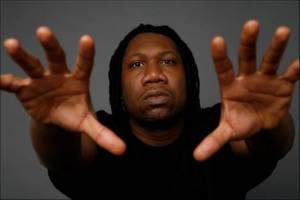
Criminal Minded has been lauded as the archetype for East Coast gangsta rap with its bleak presentation of violence and drug abuse found on “9mm Go Bang” and “The P is Free.” BDP also escalated beef to new, shocking levels with shots fired at The Juice Crew in the form of “South Bronx” and “The Bridge is Over.” Their gritty street presentation even bled over into their cover art which displayed the pair in a dimly lit room, draped in ammunition and surrounded by fire power. It’s par for the course in 2009, but in 1987 that type of display was unheard of.
It was enough to cement BDP’s architect status even if they had never recorded another note. But the boom bap boundaries would be pushed again and KRS’s burgeoning persona was in its infancy at this point. Criminal Minded captured the urban condition and presented it to the audience as is. It wouldn’t be until BDP’s 2nd release that Parker began to not only show the listener what was wrong, but attempt to prod that listener into understanding why it was wrong.
By Any Means Necessary was the follow up to Criminal Minded and BDP’s first release without Scott La Rock. His murder, months after the release of Criminal Minded put Parker on a new course of expression. The Blastmaster was now the The Teacher and his sophomore effort was an obvious attempt to reform his criminal mind after the tragic death of his partner.
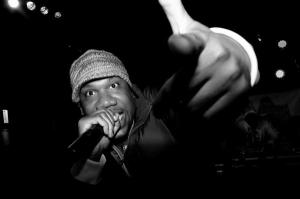
The album was a Hip-Hop eulogy for La Rock, a rallying cry for the end of black on black crime, a brief lesson in government corruption and even a giggle inducing PSA for condom use. It was as scattered as the black experience, but cohesive in its ability to make you think track after track. But KRS was not done with inundating the afro-centric sides of his fans psyches. He released three more albums under the BDP moniker; Ghetto Music: The Blue Print of Hip Hop, Edutainment and finally Sex and Violence.
KRS’s beseeching, stern tones and lyrical lectures on his last three BDP offerings seemed to reflect a premonition of impending doom. He was issuing an alarm; a Fishburn-esque plea for consciousness. Critics accused him of being preachy, but The Teacher was beyond critique of his methods. He was on a mission, one that would take his message from the record stores and into the hallowed halls of Harvard; from the board rooms of Reprise Records to a cross-genre setting in an effort to H.E.A.L. And it was during this time that KRS introduced his third and most effectual incarnation, The Philosopher.
Celebrate Black Music Month 2009 With Planet Ill
Follow Us on Twitter @ http://twitter.com/planetill
Follow shelz. on Twitter @ http://twitter.com/shelzp
Join Us on the Planet Ill Facebook Group for more discussion

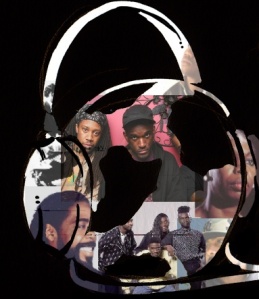
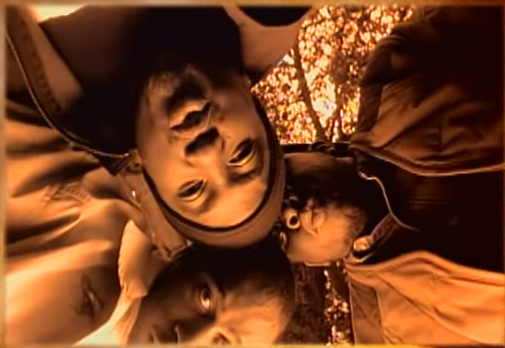
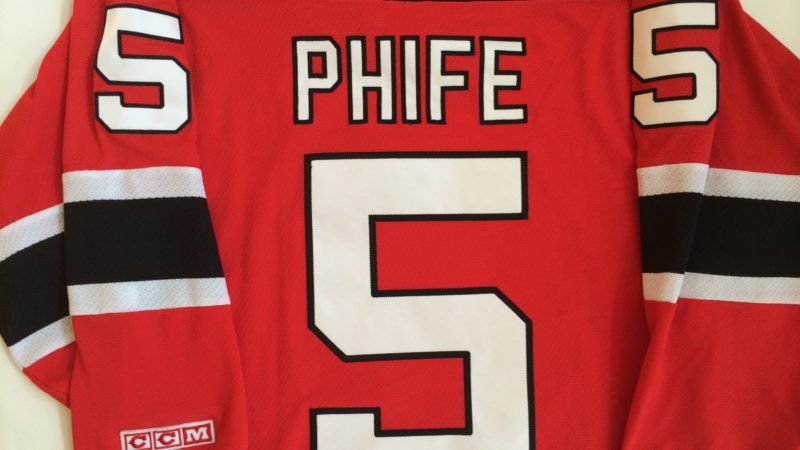

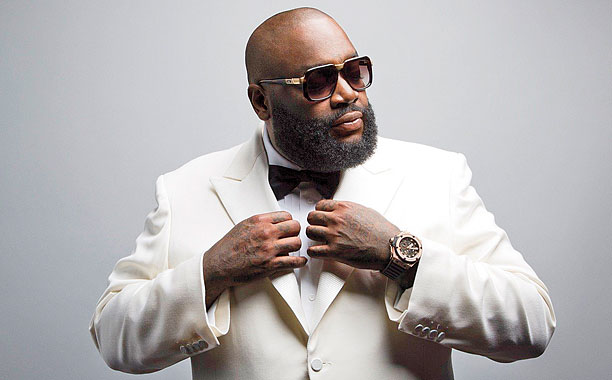
One thought on “Black Music Month 2009: KRS-ONE Part 1”